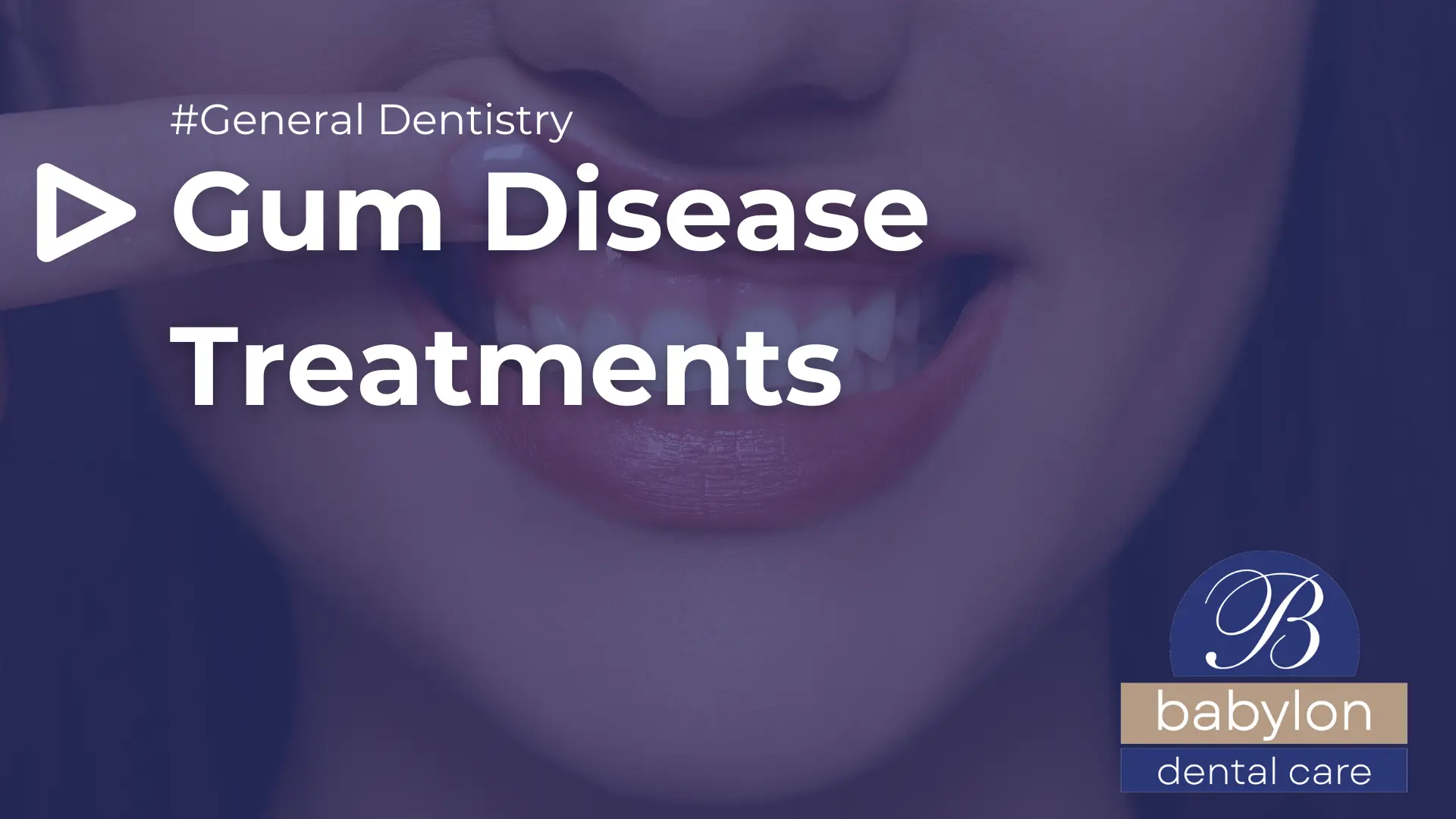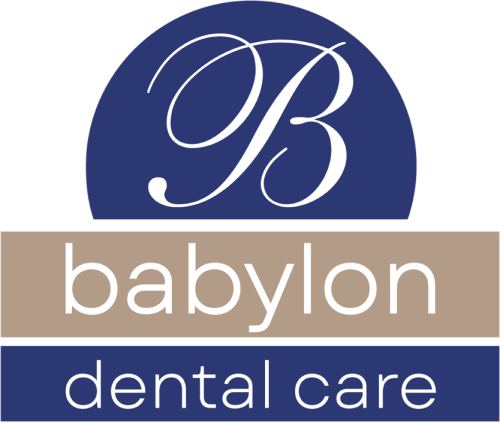
Gum disease typically begins without you ever knowing you have it. Over time, the condition progresses and can slowly destroy your gums and teeth. Unfortunately, by that time, patients may be too afraid or embarrassed to seek the dental care they so desperately need.
At Babylon Dental Care, we want to help you maintain happy and healthy gums. Understanding how to spot the signs of gum disease is half the battle. Since knowledge is power, we have put together this guide to help you understand how to spot and treat gum disease. With our help, we can keep your mouth strong and healthy. Call us at (631) 983-6665 to schedule an appointment to discuss your options with us.
What is Gum Disease?
Gum disease is also known as periodontitis. Periodontitis can be a serious medical condition that impacts the gums and damages soft tissue. Gum disease is an infection or inflammation of the soft tissues surrounding your teeth. While your teeth have roots that extend into your jawbone, holding them in place, the gums also help keep your teeth in their proper position.
Over time, gum disease can progress and make gums more sensitive and inflamed. If not treated, gum disease can lead to tooth loss. It may also destroy the bones that support your teeth.
What Causes Gum Disease?
The mouth is full of bacteria, some good and some harmful. Regular brushing, flossing, and dental visits help keep these harmful bacteria in check. Harmful bacteria, along with mucus and stray food particles, can form a colorless, sticky plaque on teeth. When plaque is not properly removed with good oral hygiene techniques, it can harden and form tartar. Plaque and tartar build-up can cause infections and inflammation in the gums surrounding teeth.
In patients with periodontitis, the inner layer of soft tissue begins to pull away from teeth, creating small pockets. These pockets fill with debris like food particles and become even more inflamed or infected. As the pockets deepen, more gum tissue is destroyed. Eventually, the condition can worsen and can expose the teeth and even underlying bone to infections.
Symptoms of Gum Disease
The initial stages of gum disease can be minor and difficult to spot, which is why regular dental visits are crucial to heading off the spread of serious gum disease. As the disease progresses, symptoms become more noticeable and more severe. Some of the most common signs of gum disease include:
- Swollen or puffy gum tissue
- Gums that are red, not a healthy pink
- Gums that feel sensitive or tender
- Bleeding while brushing or flossing your teeth
- Bad breath
- Bad taste in the mouth
- Loose teeth
- Pain when chewing
- A change in the way your teeth fit together when you bite down
- Gums that pull away from your teeth or teeth that look “longer.”
Gum Disease – More Than Just a Mouth Problem
Gum disease can wreak havoc on your oral health. Yet, most people don’t realize that gum disease can also result in serious consequences for your overall health. In addition to tooth and bone loss, periodontitis can also lead to an increased risk of developing severe medical conditions. It is thought that the harmful bacteria in the mouth can enter the bloodstream and lead to health problems, such as stroke and heart disease. The American Academy of Periodontology reports that studies have linked periodontitis to health conditions and complications such as:
- Diabetes
- Heart and cardiovascular disease
- Respiratory disease
- Certain types of cancer, including pancreatic and blood cancers
- Stroke
- Digestive disorders
- Premature birth
- Alzheimer’s and cognitive conditions
Gum Disease Prevention
The best treatment for gum disease is prevention. Be sure to brush and floss your teeth twice daily using a soft-bristled toothbrush and toothpaste containing fluoride. You may also want to add an antibacterial mouthwash to your daily routine to help flush out food particles and kill bacteria. Be mindful that no matter how thoroughly you clean your teeth, you need regular dental visits to remove hard-to-reach tartar build-up.
Curbing bad habits like smoking can also help improve the health of your gums. Smoking is extremely bad for your oral health. It can also impact your immune system, making infections in the gums harder to treat.
If you are going through hormonal changes such as pregnancy, puberty, or menopause, take extra care of your teeth and gums. Hormonal changes can make gums more sensitive and prone to disease. Some medications can also trigger oral health problems because they cause “dry mouth.” A decrease in saliva production can harm the health of teeth and gums. If you are on medication and suffering from a dry mouth, talk to your dentist about your options.
Treatments for Gum Disease
The treatments for gum disease will depend on the stage of the condition. At Babylon Dental Care, the following procedures may be necessary for reducing tartar build-up and treating gum disease at its source.
- Full Mouth Debridement. When teeth are covered in heavy tartar deposits causing gum issues, this technique helps to remove the build-up.
- Deep Therapeutic Scaling and Root Planing. If tartar deposits and infection have destroyed bone structure, this technique can help promote healthy teeth and gums. A dentist will remove plaque and tartar above and below the gum line, cleaning down into the gum pocket.
- Irrigation. When plaque and tartar deposits are removed, irrigating the gum line can help flush the particles and bacteria away. Antibacterial medicaments can also help disinfect the gum line.
- Localized Antibiotic Therapy. In some cases, a patient may need antibiotics to help fight disease-producing bacteria. Localized antibiotic treatments target the areas damaged by gum disease.
Schedule an Appointment with Babylon Dental Care Today
Dealing with gum disease can be frightening, which is why so many people choose to ignore it. Unfortunately, ignoring gum disease won’t make the condition go away. At Babylon Dental Care, we understand how treating gum disease may be anxiety-inducing. That is why we offer sensitive and compassionate care to all our patients. We want you to receive quality care in a comforting environment.
Don’t wait to get the treatment you need. Contact our office today by calling (631) 983-6665 and schedule an appointment.
